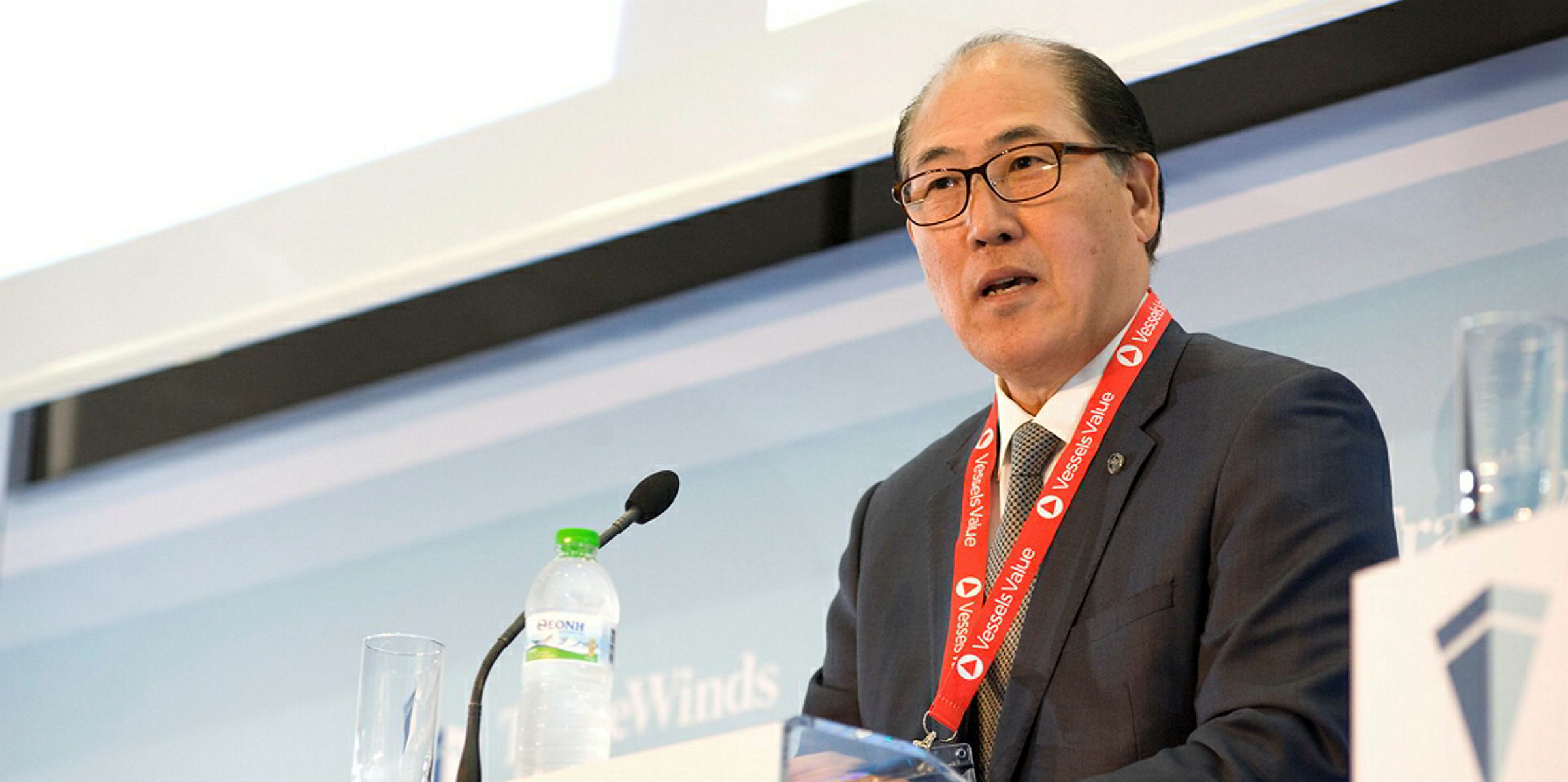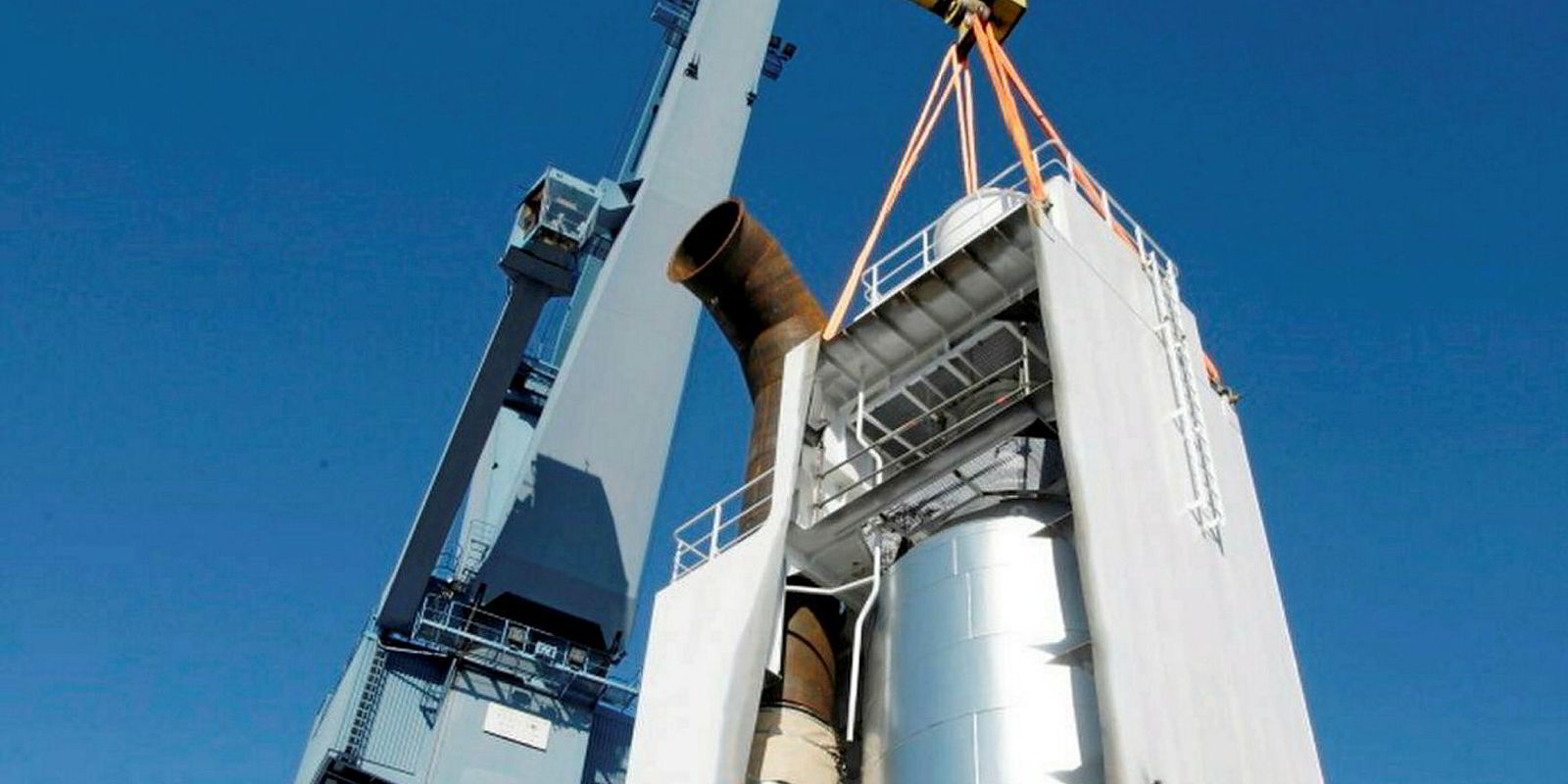The International Maritime Organization is calling for further scientific studies on effluent from open-loop exhaust gas scrubbers that end up in the world's oceans.
IMO's Subcommittee on Pollution Prevention and Response (PPR) drafted proposed changes to the 2015 guidelines on scrubbers, having discussed them over the past week in London.
That draft will be sent to IMO's Marine Environment Protection Committee for consideration during its review of the current rules in May during its 74th meeting.
"The subcommittee encouraged interested member states and international organisations to undertake further scientific research and to submit results to future sessions to facilitate the work on the revision of the 2015 EGCS Guidelines," IMO said today in a summary report.
The draft's intent is to provide guidance and recommend actions if scrubber monitoring devices were to falter and the scrubber failed to meet the guidelines.
The subcommittee also asked IMO's Joint Group of Experts on the Scientific Aspects of Marine Protection (GESAMP) to explore reviewing "relevant scientific literature" on wash water discharge.
It also requested GESAMP to oversee a modelling study of the impacts of discharge washwater from exhaust gas cleaning systems.
The group has already looked at a GESAMP report on the scientific aspects of marine environmental protection.
"The sub-committee also invited member states and organisations in consultative status to submit further scientific studies and information," the summary said.
The German Environment Agency two weeks ago submitted a study calling open-loop scrubber effluent a "direct pollution source" to the marine environment.
Days later, the European Union sent a report to the IMO calling for "urgent changes" to IMO's scrubber guidelines based on the German study.
The subcommittee's correspondence group will continue its review of the guidelines into next year and submit its recommendations at the next PPR conference.




